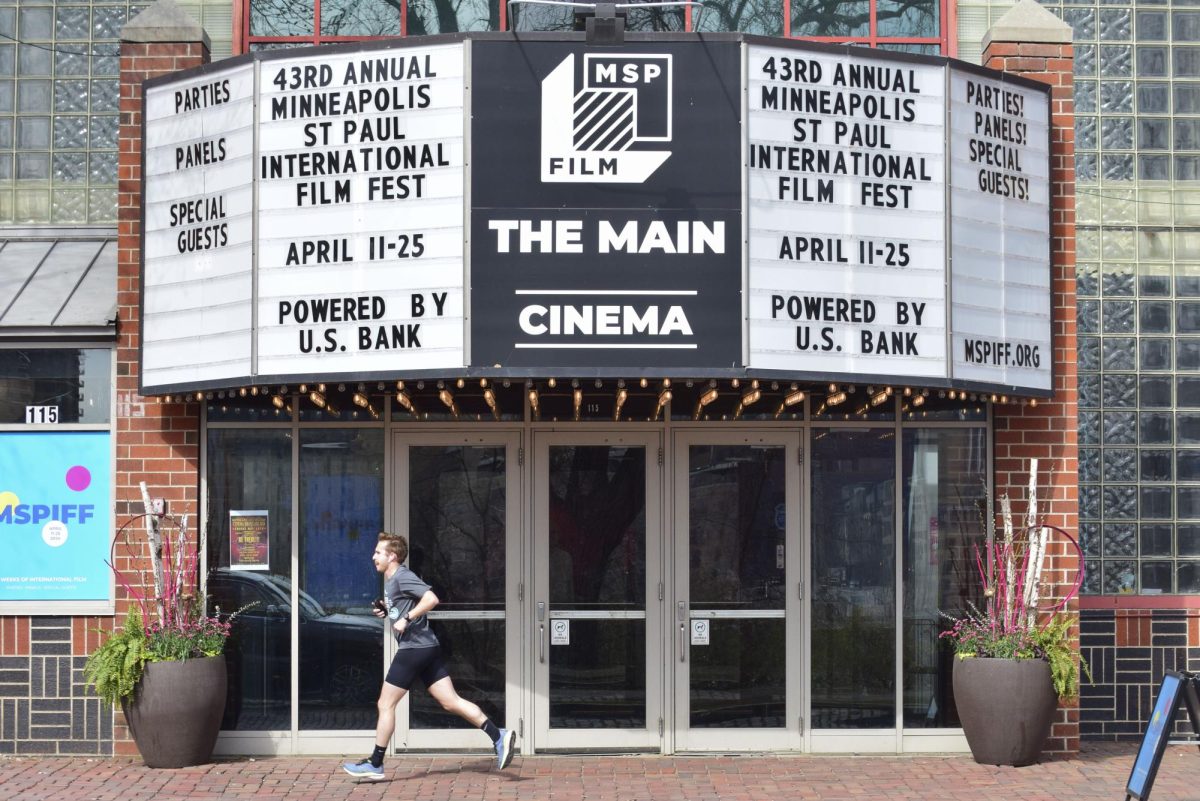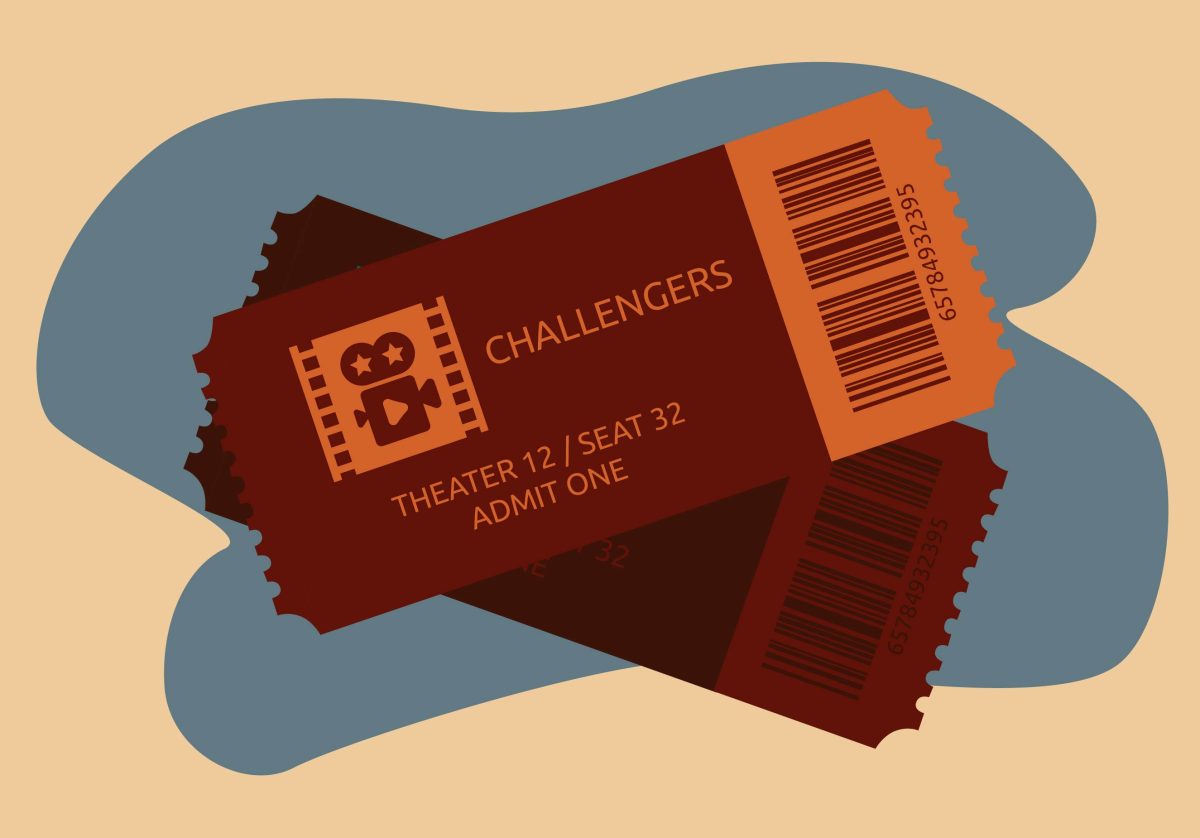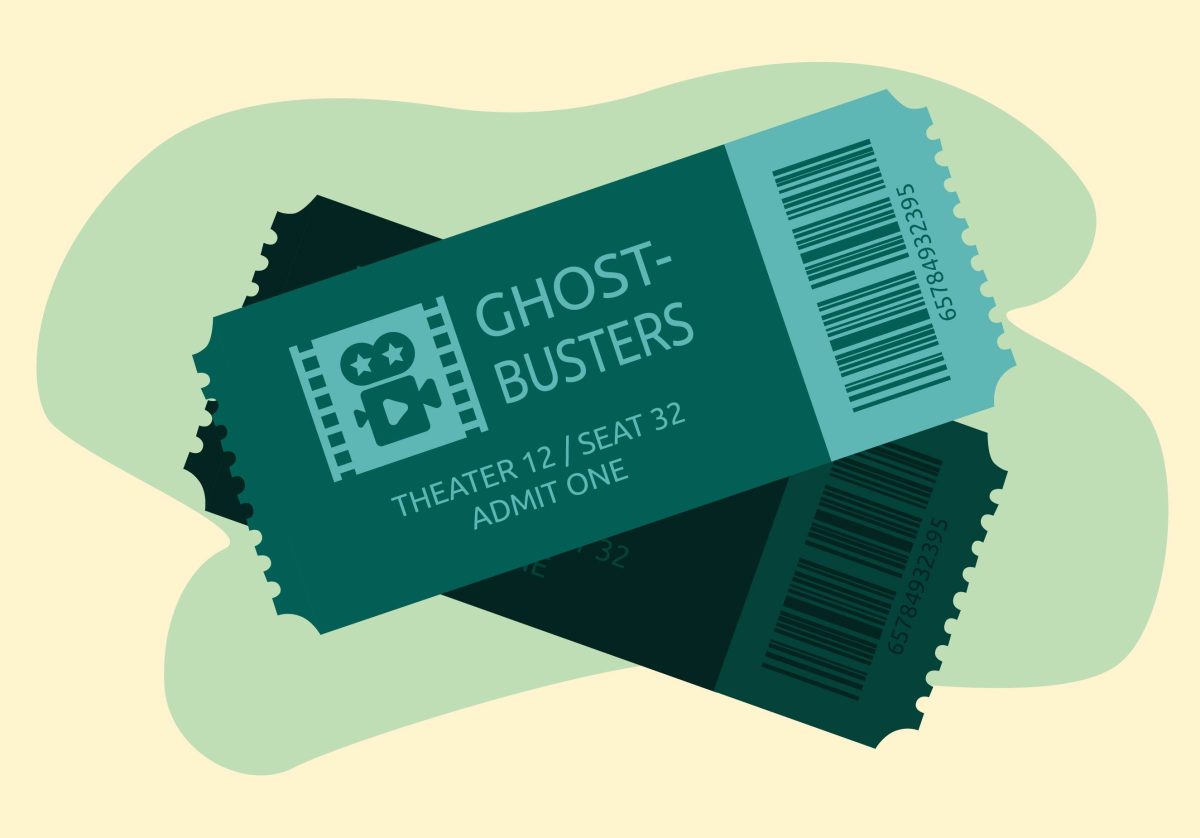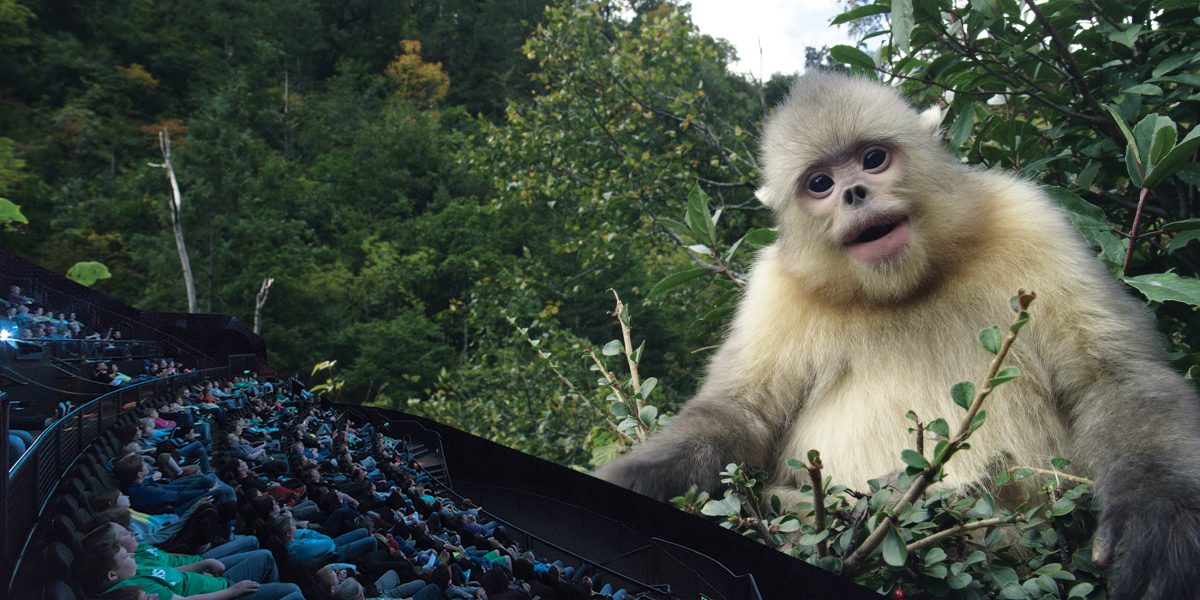A child’s calm, meandering voice philosophizes over a dusty scene outside a farming community in Iraqi-Kurdistan: “Iraq is not something you can cut into pieces,” it says. “Iraq is a country. And how can you cut a country into pieces, with a saw?”
“Iraq in Fragments”
DIRECTED BY: James Longley
SHOWING AT: Bell Auditorium, Friday through Wednesday, www.mnfilmarts.org
Those pieces represent the division between Iraq’s three major demographics: the Sunni and Shi’a Arabs, and the Kurdish. They are also the segments that determined James Longley’s (“Gaza Strip”) organization while he edited the 300 hours of footage recorded for his latest documentary, “Iraq in Fragments.”
It’s a choice as equally informed by a very real religious, ethnic and geographic divide, as it is a reflection of our unfortunate tendency to compartmentalize factions for means of oversimplified identification.
But there is something remarkable to Longley’s camera that resists the typical ideologically charged appropriation and exploitation involved in representing -from within or without – a unique and multifaceted population.
The first story is led by Mohammed Haithem, an 11-year-old auto mechanic who dropped out of school to support his family.
He ambles through the streets of Baghdad running errands for his stern-handed boss, a father figure whose imposing insults and reprimands, periodically offset by Mohammed’s blindly narrated affection, gradually become a metaphor for Saddam’s dictatorial reign.
Longley then travels to Nasiriya and Najaf where he follows a group of Moqtada Sadr’s followers. Their assemblies are fueled by devotion and passion, believing that after years of oppression, they will realize the Shiite’s ascension to power.
In this segment, the bustling, quotidian portrayal of Mohammed’s Baghdad is replaced by a propagandistic, politicization frequently narrated over loudspeakers to an acquiescent crowd.
In one scene of manifest confusion, militant Shiites violently apprehend a group of men accused of selling alcohol. The men, hooded and beaten, in turn accuse them of being the new Saddams.
But in the film’s final section, the vehement anti-American declarations and so-called fanaticism relent to a truly pastoral, pro-United States Kurdish farming community outside Erbil in the north.
A friendship between two young students in this small village opposes the one-sided relationship between Mohammed and his boss in Baghdad. It hints toward a fraternal future, with only a moment of Election Day confusion to shake the peaceful farmers.
Throughout, Longley manages to maintain a lyric, elegiac and epic poeticism with images counterpoising the usual rhetoric weighing on not only documentaries, but also our continual news coverage.
Longley doesn’t present a definitive answer for ‘unifying’ Iraq; nor does he assume a stance or endorse a specific ideology; instead he presents a beautiful, if war-torn country, as a diverse, if presently fractured whole.
















